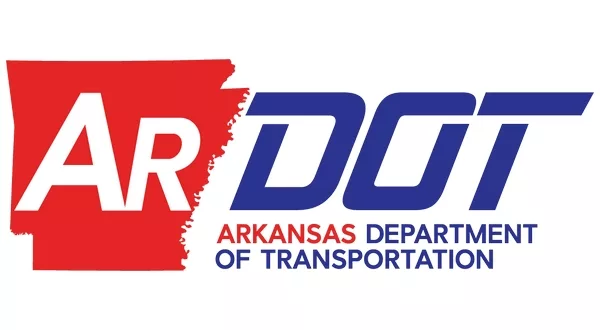
When it comes to meeting the need for highway and bridge improvements in Arkansas, there’s one limiting factor as old as time itself: cost.
The ability to pay for maintenance on existing infrastructure — let alone the construction of new projects — has never kept up with the need to do so. Even Ancient Rome, often credited with creating the first publicly-funded road system, couldn’t keep up.
The prospect of being able to do so in Arkansas, now and into the future, isn’t much brighter.
Record-setting levels of inflation following the COVID-19 pandemic have burdened every Arkansan — including the planners behind the Arkansas Department of Transportation’s goal of maintaining and improving the state’s highway infrastructure.
During an interview earlier this week, Arkansas Highway Commissioner David Haak discussed the simple but all-encompassing challenge posed by increasing costs in basic material. Haak represents the southern third of Arkansas — from the Ouachita Mountains to the Delta — and said the challenge is even more acute in his region.
Listen:
As an example, Haak described one example of a recent project estimate: to install a concrete culvert across a highway. The planner anticipated construction could reach as high as $1 million. That was to install a single concrete culvert on one small stretch of the more than 16,000 miles in the Arkansas Highway System.
Listen:
One recent development raising Haak’s hopes is the decision by Arkansas voters in 2020 to make the state’s 0.5 percent highway sales tax permanent. The tax would have expired this year had the measure not passed.
Haak understands the political risk behind any tax increase — and the burden it can carry, particularly for business owners like himself — but adds that the tax was necessary to try and meet the growing infrastructure needs in Arkansas.
Listen:
It’s important, however, to put into perspective how great the need for highway funding is in Arkansas. The Arkansas Department of Transportation would need to set aside its entire budget for the next six years just to complete the 136 miles of I-49 between Fort Smith and Texarkana. And that’s at current projected costs.
That’s again why Haak praises Arkansans for passing the permanent highway tax measure. As owner of First Tape & Seal in Texarkana, he sees daily how vital highway infrastructure is to the state’s economy.
Listen:
Arkansans can learn more about the work Haak and the Arkansas Highway Commission do, as well as highway projects planned for across the state, by visiting www.ardot.gov.
WebReadyTM Powered by WireReady® NSI










